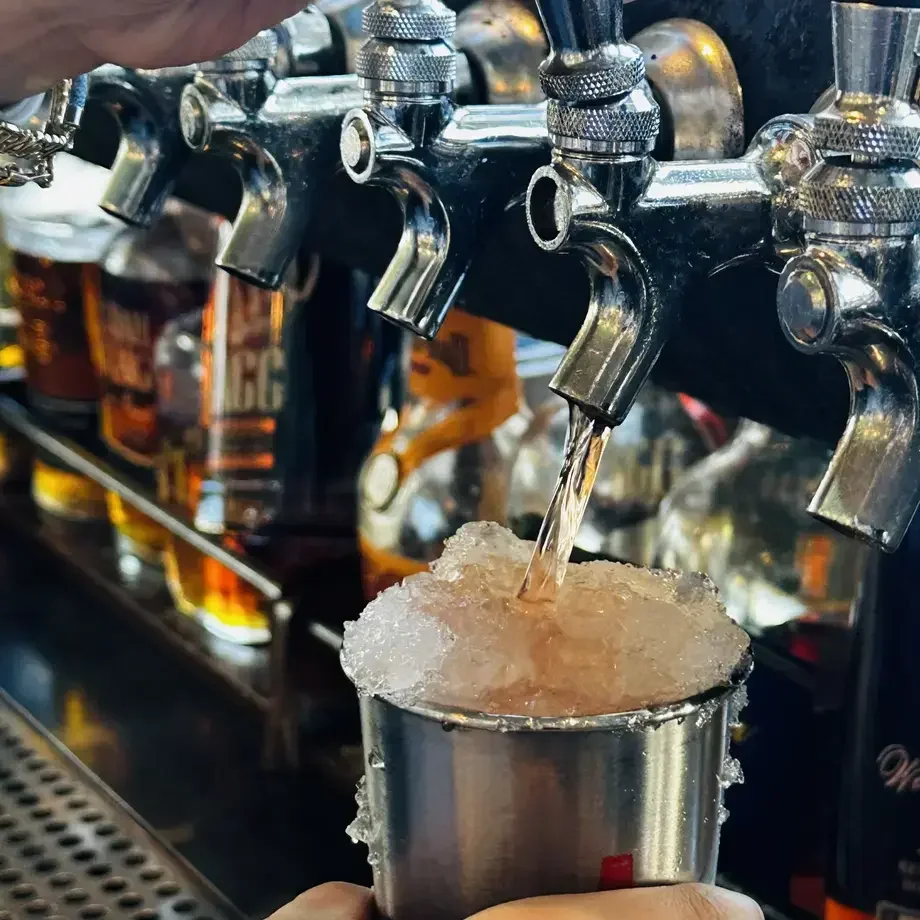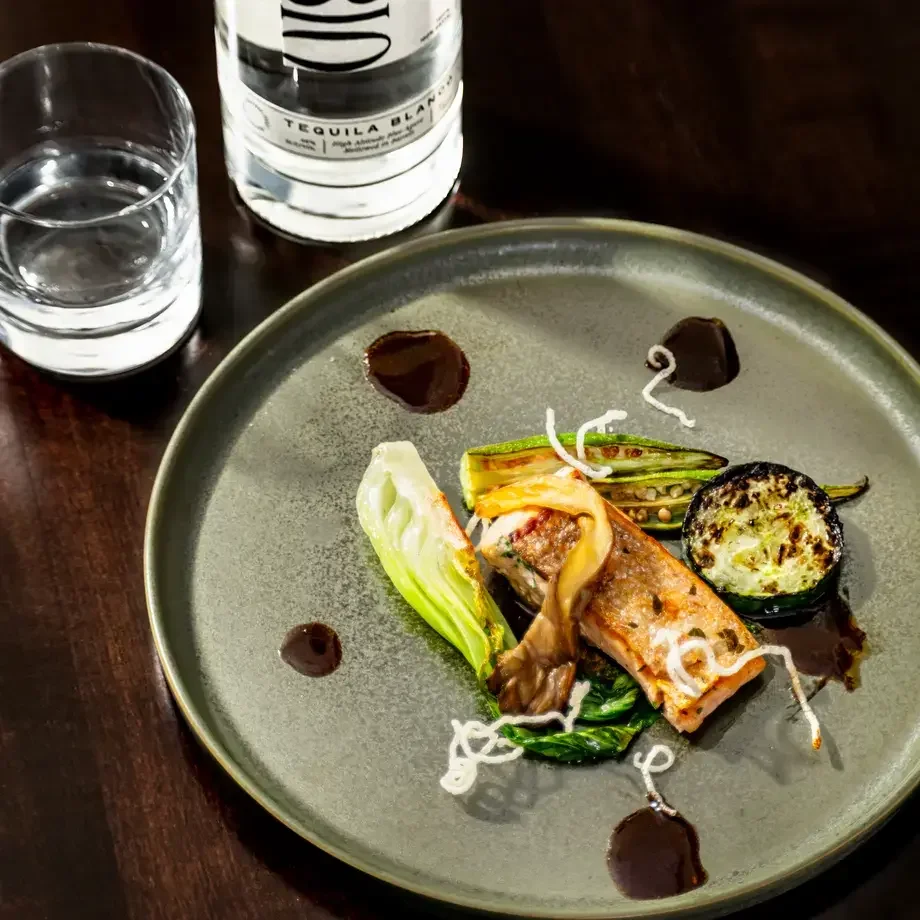Despite the fact that airplanes are well-pressurized, our bodies change in the air to adapt to the atmospheric pressures surrounding us: and this goes for our taste buds as well. Studies conducted in Germany by the Fraunhofer Institute for Building Physics, have demonstrated that our sense of taste decreases by about 30% when we are at high altitudes.
So it’s not the food itself that deteriorates in flight, but the human body that is reacting to the high altitudes. One of the reasons for the lack of taste is our decreased sense of smell: thanks to the filtered air conditioning, the mucus in our nasal passages get dried out, impeding our sense of smell. And since the way we taste food depends 80% on how it arrives to our noses, it’s reasonable to expect food to seem less inviting on planes.
But thanks to the labs at the Fraunhofer Institute, Lufthansa has been able to study how to best pair sauces with foods according to science. In Great Britain, chef Heston Blumenthal has been working with British Airways and studying the perception of various ingredients in airplane meals: how important are factors like colour, sound, light and background music when it comes to eating in air?
Photo courtesy Lufthansa









